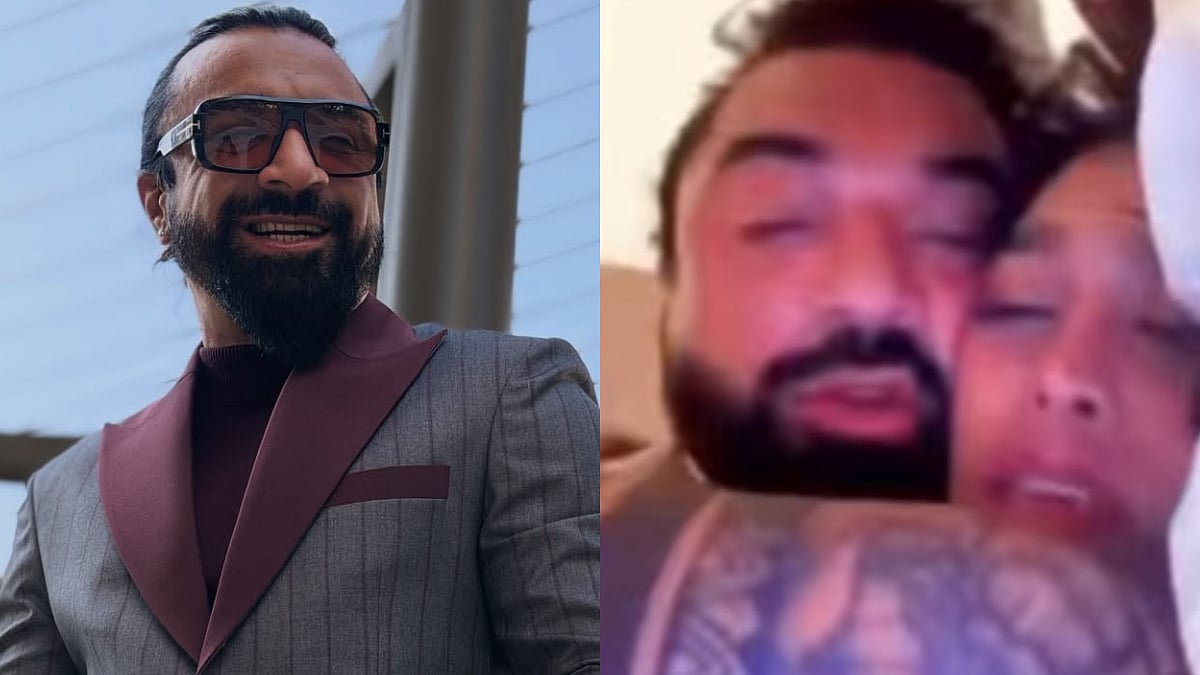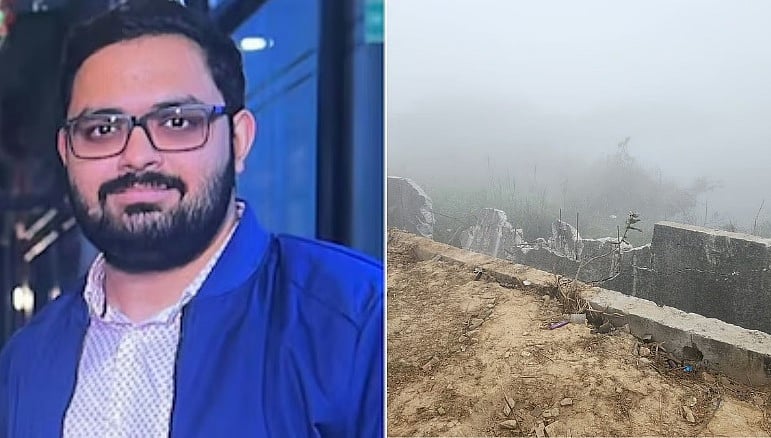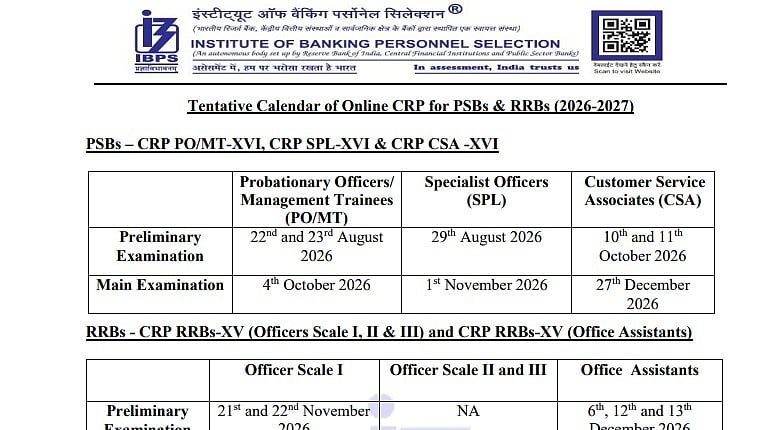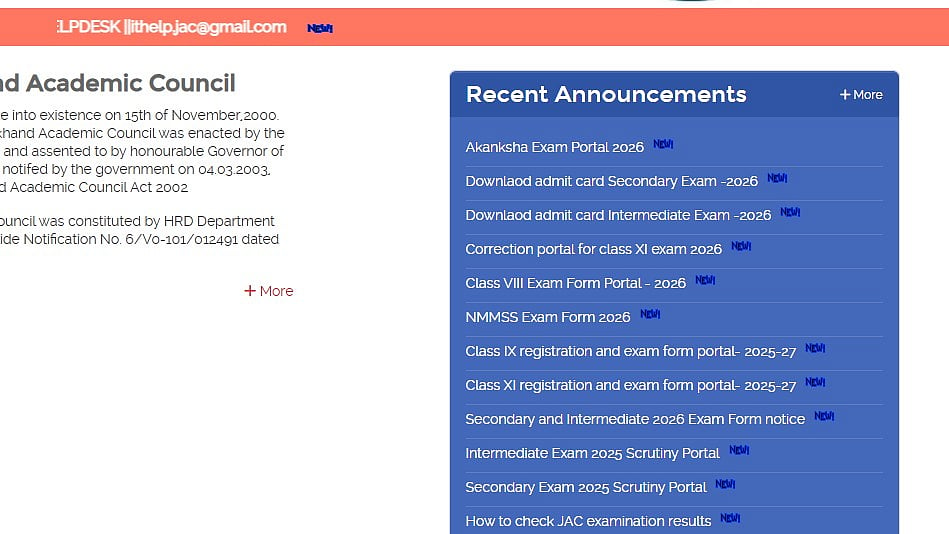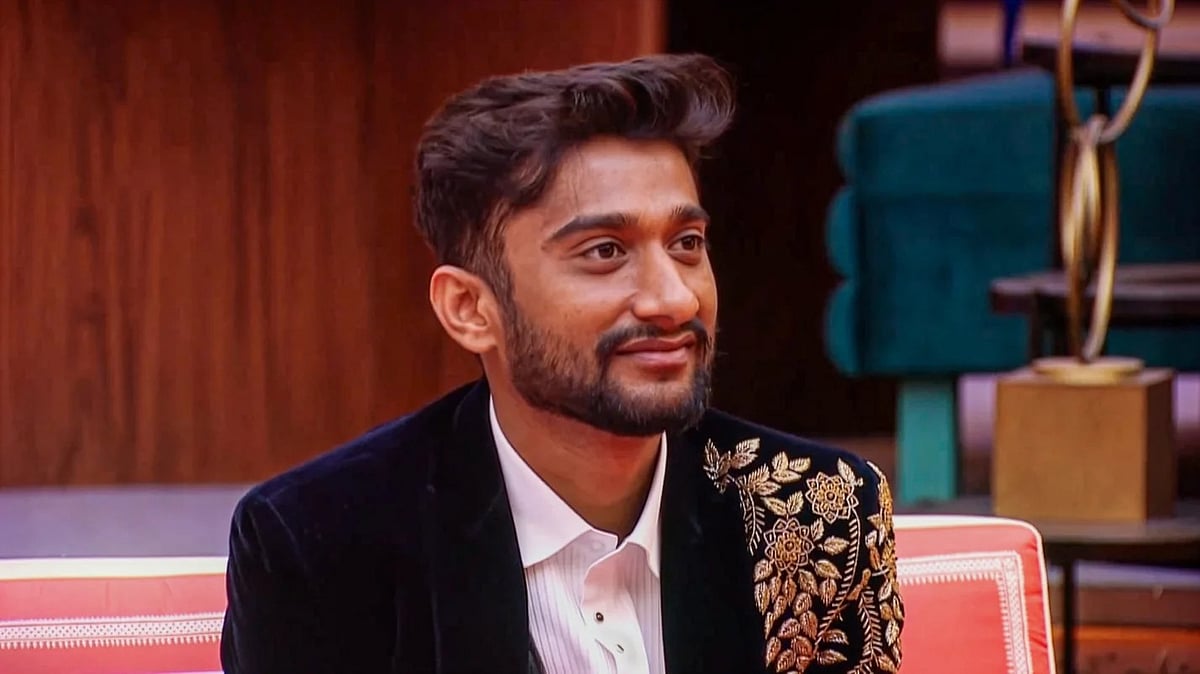On the occasion of the International Day of Education on January 24, the Global Education Monitoring Report revealed UNESCO'S report which tracked Sustainable Development Goal-4 (SDG) of ‘Quality Education’ for all by 2030.
According to its projections, India expects all children in primary and lower-secondary levels to be educated by 2030. The targets, which do not account for the pandemic's impact on the education sector as a whole, is ambitious but not realistic to some educators who believe that though the expectations are appreciated, it doesn't reflect what's happening on the ground.
"Since the pandemic, the proportion of out of school children has increased, many families decided to move kids with them to their hometowns and have now involved them in their family businesses or enrolled them in schools teaching subjects in the vernacular language which is tough as the students have never had that experience," said Sunanda Prasad, a school teacher from Dombivli who teaches at an English medium school and worries that leaving schools and friends behind can leave a negative mark on students.
The teacher, who has been a part of the faculty of various schools for the past 25 years, also inculpated the system's approach of promoting students regardless of their grades thus encouraging parents to not consider primary education as important enough. "An environment where parents feel school education is not significant has led to them feeling comfortable in pulling their children out of schools," she added.
Though the estimates suggest that children of age five will be enrolled in schools by 2030, the number is likely to be 80 percent in the next three years according to the report. However, secondary education is still a matter of concern as the report listing out the state of Indian education in 2015, showed that 29.9 percent of students were not enrolled in the upper secondary age group which was worse than neighbouring Nepal’s rate of 22.7 percent. A third of India's 16 to 18-year-olds were out of school in 2015, according to the report.
For some educators better numbers when it comes to enrollments is still a distant dream. "The obstacles in achieving 100% enrollment range from not having enough faculty to not having enough funds and while Covid has exacerbated that, the problems persisted decades before the pandemic," said Parmeshwar Gatkal, the principal of Divine English School and Junior College in Bhiwandi who runs a school in the rural part of the city and sees the infrastructural issues everyday. He added while children who belong to families with financial constraints leave school due to lack of options, the ones who belong to rich families switch to CBSE and ICSE as they believe it provides better educational facilities, signifying a situation wherein education would be a luxury.
While India expects all students to complete primary and lower secondary level education by 2030, the report suggests that India hopes to witness enrollment to the upper secondary level jump from 55.8% in 2015 to 88% in 2030.
The solutions to achieving 100% enrollment shouldn't be centralized in the opinion of some educators. "Parents regardless of their own educational background want their kids to have the best education and for that, they wish to enroll their kids to prominent schools but the solution to achieving full enrollment, in my opinion, lies in local administrations having a bigger role in ensuring that every kid despite their conditions can achieve primary and secondary education. A system that involves parents, teachers, and kids as stakeholders and surveys the situation in a particular area every 5-10 years will help in sustaining the resources rather than it being limited to an election campaign," suggested Omanakuttan Nair, the principal of B.R.Madhavi English School.
Dr. Nishant Narnaware, the Nagpur division's head of Maharashtra English School Trustees’ Association said every government comes up with a vision of achieving 100% enrollment but the numbers are often exaggerated and he "doesn't see the enrollment ratio increasing beyond 7-10% in the next 5-10 years". He adds that with many school children across India being employed in child labour as a consequence of closed schools, it would be difficult to bring them back into the fold.
Jyoti Nambiar, a headmistress from a Santacruz school named Malti Jayant Dalal, expressed her support for the initiative of increasing enrollment to 100% by the year 2030 through the National Education Policy, which aims to universalize education from pre-primary school, while also bringing to light a drop in enrollments in her school from previous years.
"Our school caters to children from underprivileged sections of the society and often times we have to stress to the parents the importance of literacy and numeracy and it's a process that involves Listening, Speaking, Reading and Writing. We are reaching out to parents to keep their kids in schools while understanding what they expect from us. Despite our best efforts from trying to contact children who are not attending lectures to reaching out to their parents, we are only able to connect with quite a few of them. We have seen a drop in the number of new enrollments from 600 to 482 in 2021 and have witnessed only 120 students in the first grade from a target of 150 and are working towards ensuring full enrollment," said Mrs. Nambiar.

